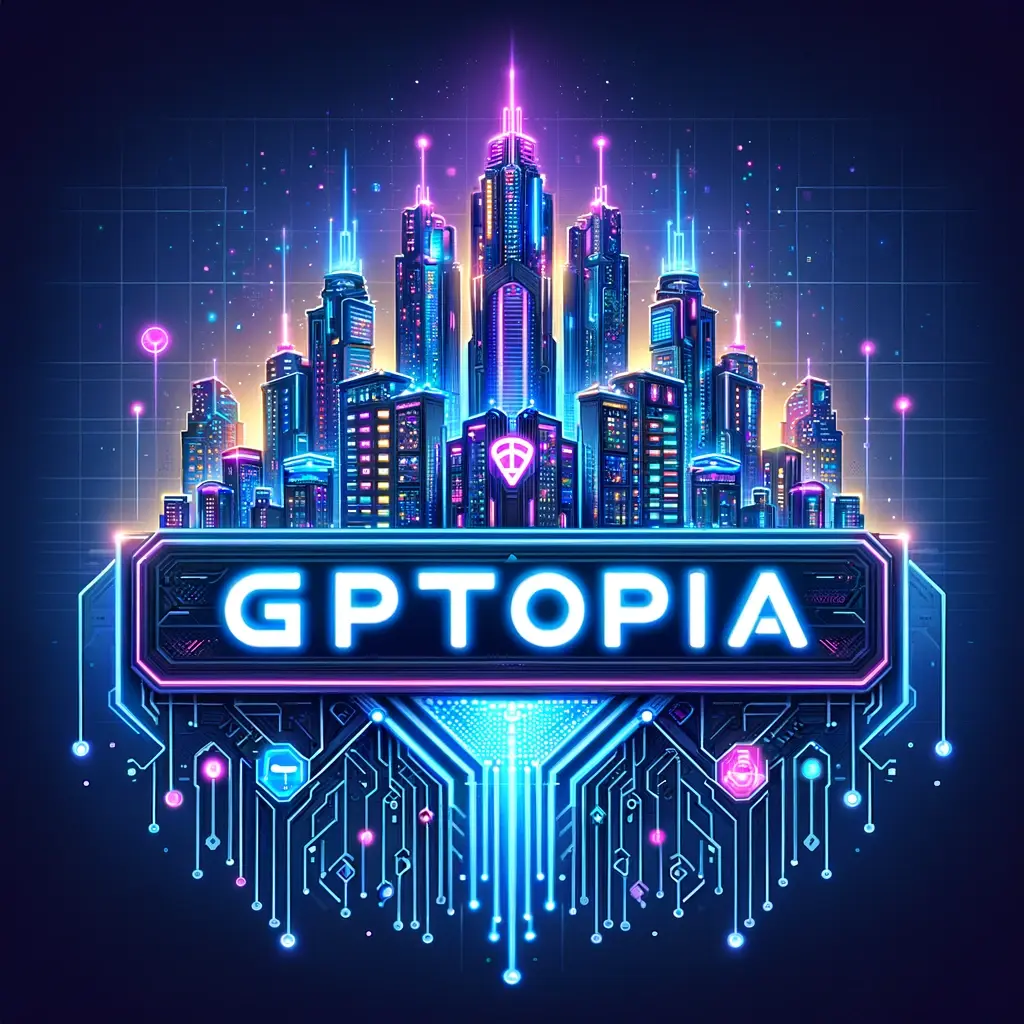complete article index can be found at
https://ideabrella.com/papers/articles
The Challenge of Governing AI : ZEN 💡
·
Ethics and Regulatory Gaps: The Challenge of Governing AI 📜
The rapid advancement of artificial intelligence (AI) has outpaced the creation of ethical and regulatory frameworks, leaving a gap that poses significant risks to society. While AI has the potential to transform industries and improve lives, the absence of robust governance can lead to misuse, inequality, and unintended harm. Addressing these gaps is critical to ensuring that AI aligns with societal values.
Why Ethics and Regulations Matter
AI systems influence critical aspects of daily life, from healthcare and finance to criminal justice and education. Without proper oversight, these systems can:
Exacerbate Inequalities: Biased algorithms can reinforce systemic discrimination.
Threaten Privacy: AI-driven surveillance can erode civil liberties.
Undermine Accountability: Decisions made by opaque systems can lack clear responsibility.
Enable Harm: From weaponized AI to misinformation campaigns, unregulated technology can cause widespread damage.
The Current State of AI Governance
Many governments and organizations are grappling with how to regulate AI effectively:
Inconsistent Policies: Some nations have robust AI guidelines, while others lag behind, creating a fragmented global landscape.
Ethical Challenges: Balancing innovation with safety and fairness remains a complex task.
Lack of Expertise: Policymakers often lack the technical knowledge needed to address the nuances of AI systems.
These gaps leave room for misuse and make it difficult to establish trust in AI-driven systems.
Key Ethical Dilemmas in AI
Bias and Discrimination:
How do we ensure AI systems treat all individuals fairly, regardless of race, gender, or socioeconomic status?
Transparency and Accountability:
Who is responsible when AI systems make harmful decisions?
Privacy:
How do we protect personal data in an age of mass AI-driven surveillance?
Autonomy vs. Control:
Should AI systems operate independently, or must they always remain under human oversight?
Closing the Regulatory Gaps
Addressing these challenges requires a global, collaborative effort:
Develop International Standards:
Create universal AI governance frameworks to ensure consistency across borders.
Involve Multidisciplinary Experts:
Engage technologists, ethicists, policymakers, and affected communities in the regulatory process.
Prioritize Education:
Equip policymakers with the knowledge needed to understand and regulate AI effectively.
Establish Clear Ethical Guidelines:
Embed principles of fairness, accountability, and transparency into AI design and deployment.
The Path Forward
The ethical and regulatory gaps in AI governance are a pressing issue that cannot be ignored. By creating comprehensive policies and fostering international cooperation, we can ensure that AI serves humanity ethically and equitably. The future of AI depends on the decisions we make today—decisions that balance innovation with responsibility.









